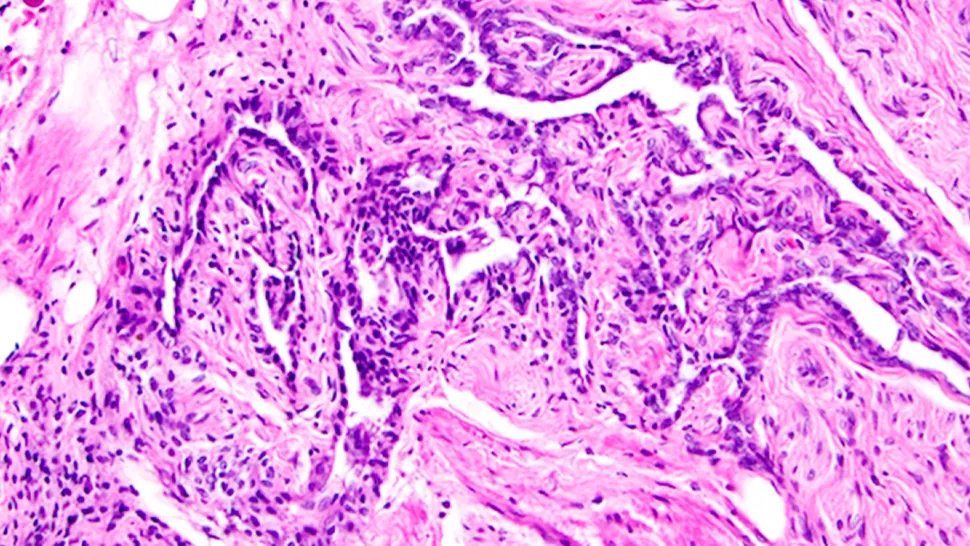A global study led by researchers at the University of Sydney suggests that replacing meat with plant-based proteins could significantly extend life expectancy.
Published in Nature Communications, the research analyzed data from 101 countries over a 60-year span (1961–2018). The team, including Dr. Alistair Senior and PhD candidate Caitlin Andrews from the Charles Perkins Centre, found a strong correlation between higher consumption of plant proteins and longer adult life spans.

Key Findings:
-
Plant vs Animal Protein: Countries with diets richer in plant-based proteins such as chickpeas, tofu, lentils, and peas had longer average adult lifespans.
-
Infant Mortality Insight: While animal-based proteins (meat, eggs, dairy) were associated with lower infant mortality rates in children under five, the trend reversed in adulthood—favoring plant-based diets for longevity.
-
Global Comparison: Nations like India, where plant protein dominates, saw higher life expectancy compared to countries like the US or Argentina, where animal protein intake is higher.
-
Health Impacts: Diets heavy in animal protein, especially processed meats, have been linked to chronic conditions like heart disease, type 2 diabetes, and certain cancers. In contrast, plant proteins are associated with reduced mortality and a lower risk of chronic illness.
Methodology:
Researchers used publicly available food supply and demographic data, adjusted for national wealth and population size, to assess the impact of protein sources on longevity across different countries and cultures.
Broader Implications:
Lead investigator Dr. Senior emphasized the growing importance of diet in the context of both human and planetary health.
“As eating habits shift and countries aim to decarbonize, knowing that plant-based proteins support longer life is vital,” he said.
Regions known for exceptional longevity—like Okinawa (Japan), Ikaria (Greece), and Loma Linda (USA)—offer real-world examples of the benefits of plant-forward diets.
Source: SciTechDaily




